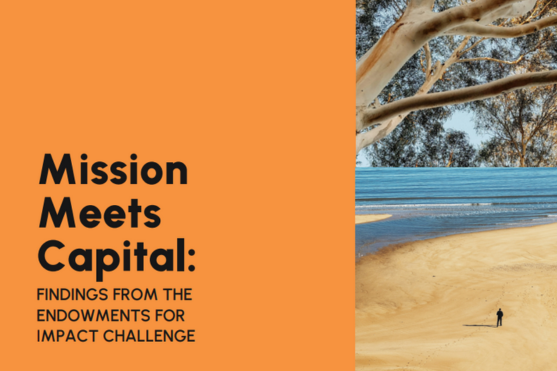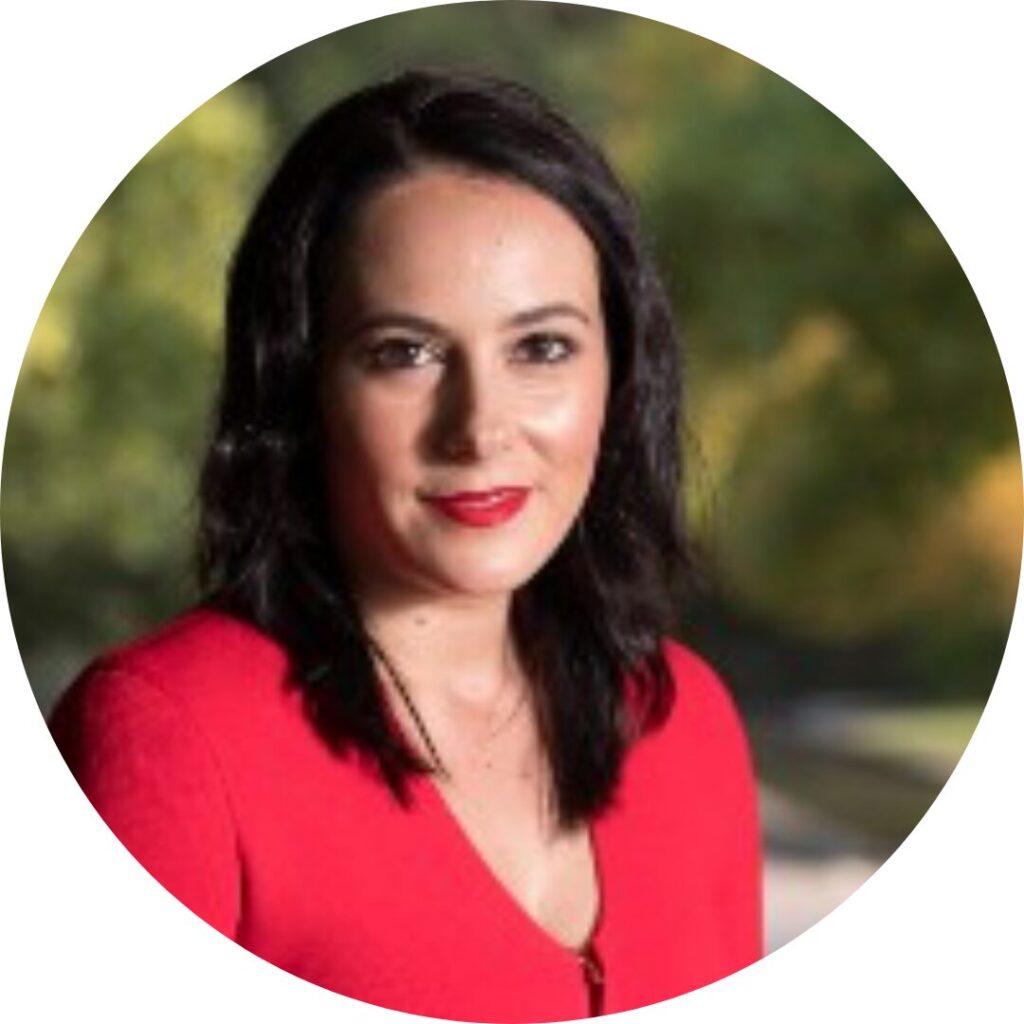First insights into Australia’s mission-aligned investing landscape released

The Endowments for Impact Challenge (EFIC) has released its inaugural state-of-the-sector report. The pioneering collaboration between six of Australia’s leading trusts and foundations was launched as a competition last year to showcase innovative strategies for aligning charitable endowments with responsible, mission-driven investment practices. The report captures the insights, trends and lessons that emerged through the process.
The trusts and foundations involved were seeking advice in managing a combined sum exceeding $170m. Following the grand finale in March, culminating in the announcement of joint winners, Australian Impact Investments and Koda Capital, with Evans & Partners recognised as the People’s Choice, the Mission Meets Capital report offers the first-of-its-kind overview of Australia’s evolving mission-aligned investing landscape.
The findings were unpacked at an event on 28 August convened by the EFIC and the Foundations Group for Impact Investing (FGII), an organisation hosted by Philanthropy Australia. The event, ‘Working with advisors to align capital with purpose: Lessons from the Endowments for Impact Challenge’, was in partnership with the Reichstein Foundation and Impact Investing Australia.
The report offers an overview of the sector’s current capabilities, emerging strengths and opportunities for growth. Key findings include:
- Deepening engagement with complexity: Leading advisors demonstrated a sophisticated understanding of impact trade-offs. They also demonstrated a willingness to engage with clients on thoughtful, values-aligned investment decisions.
- Advanced impact measurement: EFIC’s strongest applicants combined global standards with bespoke tools (such as the Impact Management Project’s five dimensions, the IRIS+ toolkit, and alignment with the UN SDGs), signalling growing maturity in how advisors help clients measure, manage and communicate impact.
- Tailored advice for a diverse sector: High-performing advisors showed strong contextual understanding, tailoring investment strategies to foundations of varying size, structure, stage of growth and mission.
- Insight into governance dynamics: EFIC applicants increasingly recognised the importance of internal alignment within foundations and demonstrated the ability to act as both technical experts and change facilitators. They also demonstrated a willingness to collaborate with clients and other investors to help drive broad reform agendas.
- Market momentum: EFIC revealed a growing pool of capable advisors and rising demand for high-quality, mission-aligned, responsible and impact investment advice.
Speakers at the event included Bruce Campbell, of Impact Investing Australia, Cathy Scalzo, Trustee of Grace and Emilio Foundation, Daniel Brugaletta of Australian Communities Foundation and Rachel Ball, CEO of the Reichstein Foundation (pictured below right). It was moderated by Michelle Di Fabio, Director of FGII (pictured left).

Michelle said: “The inaugural EFIC report is a valuable and practical resource. For foundations committed to deepening their impact, the report offers useful insights and tools to support more intentional engagement with advisors and mission-aligned investment strategy.”

EFIC set out to introduce new levels of transparency, collaboration and ambition in how foundations engage investment advisors. “EFIC showed that Australia’s philanthropic sector is ready to invest differently and that a talented group of advisors stands ready to support them,” said Rachel.
The participating organisations are the Besen Family Foundation, Dusseldorp Forum, Inner North Community Foundation, Northern Rivers Community Foundation, Oranges & Sardines Foundation, and Reichstein Foundation. They are joined by key supporters, including Community Foundations Australia, Paul Ramsay Foundation, Grace and Emilio Foundation, Australian Communities Foundation, Fouress Foundation, Impact Investing Australia, Minderoo Foundation and the Department of Foreign Affairs and Trade.
“This report shines a light on what’s working, what’s emerging and what’s still needed to unlock the full potential of mission-aligned, impactful investing,” said David Hetherington, CEO of Impact Investing Australia, which administered the Challenge.
Read the Mission Meets Capital Report on the EFIC website. Additional resources include the Report Annex including Ecotone Assessment criteria and the EFIC grand finale recording.